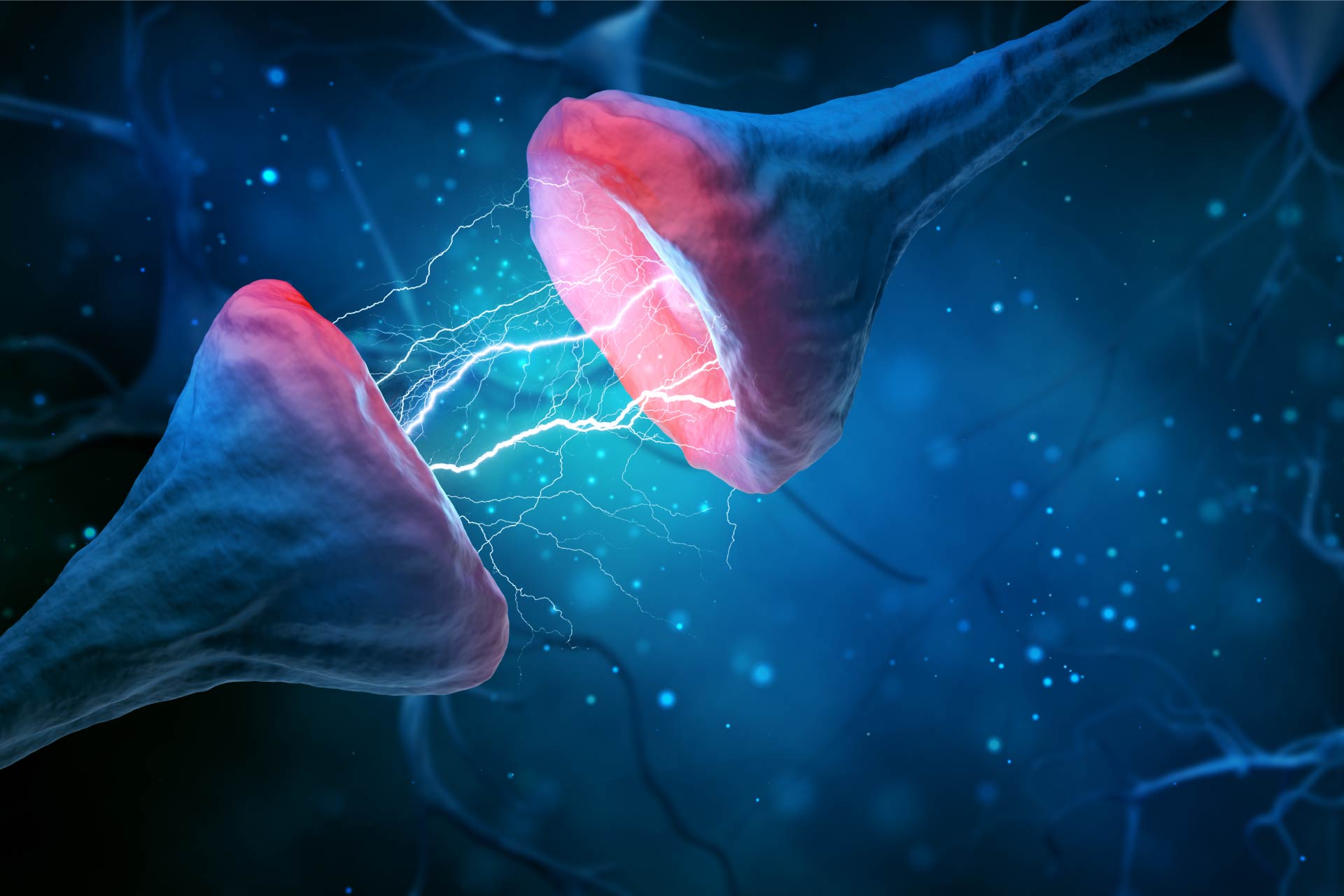• Gut-brain connection
• Altering brain function
What is already known on this topic
Changes in the gut microbiota composition are linked to many neurological diseases, but whether and how microbiota-derived molecules mediate the relationship between the gut and the brain remains unclear.What this research adds
Researchers identified two new bacterial molecules that are present in both the gut and the brain of mice. The molecules, which are produced by the gut microbiota, are able to travel to specific areas of the brain, leading to the inhibition of brain cell function. Both molecules have a structure similar to that of carnitine, which transports long-chain fatty acids into the mitochondria so they can be used to produce energy.Conclusion
Because the newly identified molecules are active in the mouse brain, the findings indicate that more work is needed to understand the role of gut bacteria in neurological conditions, particularly those in which mitochondrial dysfunction and alterations of the gut microbiota have been observed, the researchers say.
Changes in the gut microbiota composition are linked to many neurological diseases, including multiple sclerosis, Parkinson’s disease, autism, and Alzheimer’s disease. But whether and how microbiota-derived molecules mediate the relationship between the gut and the brain remains unclear. Now, researchers have identified two new bacterial molecules that are able to travel to the brain and inhibit brain cell function.
The study, published in Science Advances, provides the first description of a microbial molecule that can curb the activity of the brain’s mitochondria—the parts of cells responsible for energy production.
“Given alterations in our gut microbiome have been linked to a number of neurological conditions, understanding the means of microbial communication between the gut and the brain is more important than ever,” says study lead author Dόnal Wall, a researcher at the University of Glasgow.
Gut-brain connection
Using mass spectrometry imaging, Wall and his team analyzed molecules that are present in both the gut and brain of conventionally raised mice but are absent from germ-free mice. The researchers identified two molecules that were produced by the gut microbiota and were able to travel to specific areas of the brain.
Both molecules have a structure similar to that of carnitine, which plays a critical role in energy production: it transports long-chain fatty acids into the mitochondria so they can be used to produce energy.
Altering brain function
To assess whether the microbiota-derived molecules could antagonize carnitine function in mouse cells, the researchers tested the molecules’ ability to inhibit mitochondrial activity in the presence of carnitine in a cell culture model of the brain’s white matter. White matter is a tissue composed of nerve fibers that connect nerve cells in the brain.
The results showed that the bacterial molecules are able to block the activity of mitochondria, leading to the inhibition of brain cell function. “In this study, the microbiome compounds we found—which ‘mimic’ and localize with carnitine after travelling to the brain in the mice we studied, also affected its function, making it an extremely important finding for ongoing research in this area,” Wall says.
Because these microbiota-derived molecules are active in the mouse brain, the findings indicate that more work is needed to understand the role of gut bacteria in neurological conditions, particularly those in which mitochondrial dysfunction and alterations of the gut microbiota have been observed, the researchers say.









